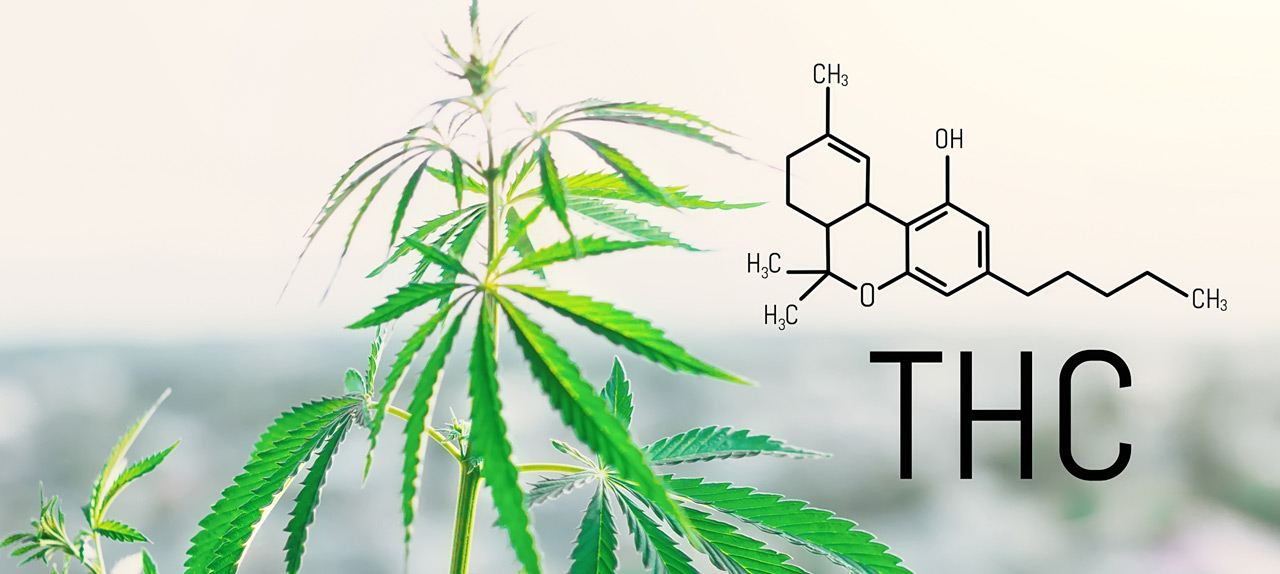As more and more states legalize cannabis for both medicinal and recreational purposes, the need for accurate testing methods to determine THC potency has become increasingly important. While there are several different methods for testing cannabis potency, it is important to understand the basic principles behind the most common testing methods.
The most common method for determining THC potency is High-Performance Liquid Chromatography (HPLC). This method involves separating the different compounds in a sample of cannabis using a liquid solvent and a column filled with a stationary phase. The cannabis sample is dissolved in the solvent and then passed through the column, where the different compounds are separated based on their chemical properties. The THC and other cannabinoids are then detected using a UV detector.
Another method for testing THC potency is Gas Chromatography (GC). This method involves vaporizing the cannabis sample and separating the different compounds using a column filled with a stationary phase. The THC and other cannabinoids are then detected using a flame ionization detector.
Regardless of the method used, it is important to ensure that the cannabis sample is properly prepared before testing. This involves grinding the sample into a fine powder and homogenizing it to ensure that the THC is evenly distributed throughout the sample.
Once the cannabis sample has been properly prepared, it can be tested for THC potency. The results of these tests can then be used to ensure that consumers are receiving cannabis products that meet their desired potency levels.
It is worth noting that while THC potency testing is important, it is not the only factor to consider when evaluating the quality of cannabis products. Other factors such as terpene content, cannabinoid ratios, and the absence of contaminants should also be taken into account.
In conclusion, testing for THC potency is an essential step in ensuring that cannabis products are safe and effective for consumers. Whether using HPLC or GC, proper preparation of the cannabis sample is key to accurate testing results. While THC potency is an important factor to consider, it is important to evaluate other aspects of cannabis quality as well.



